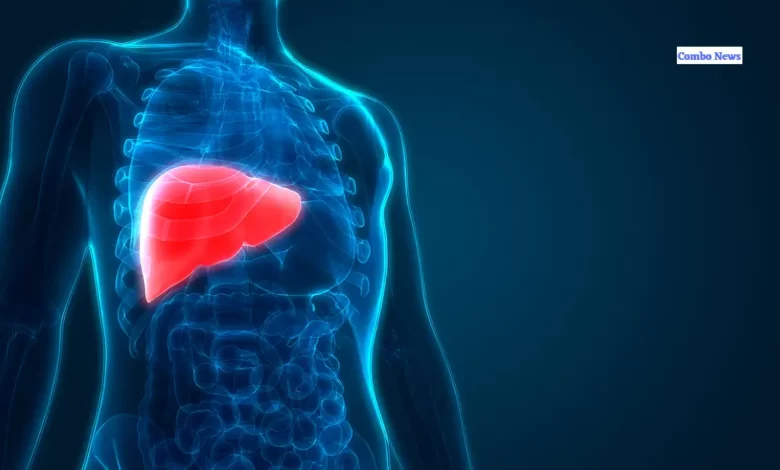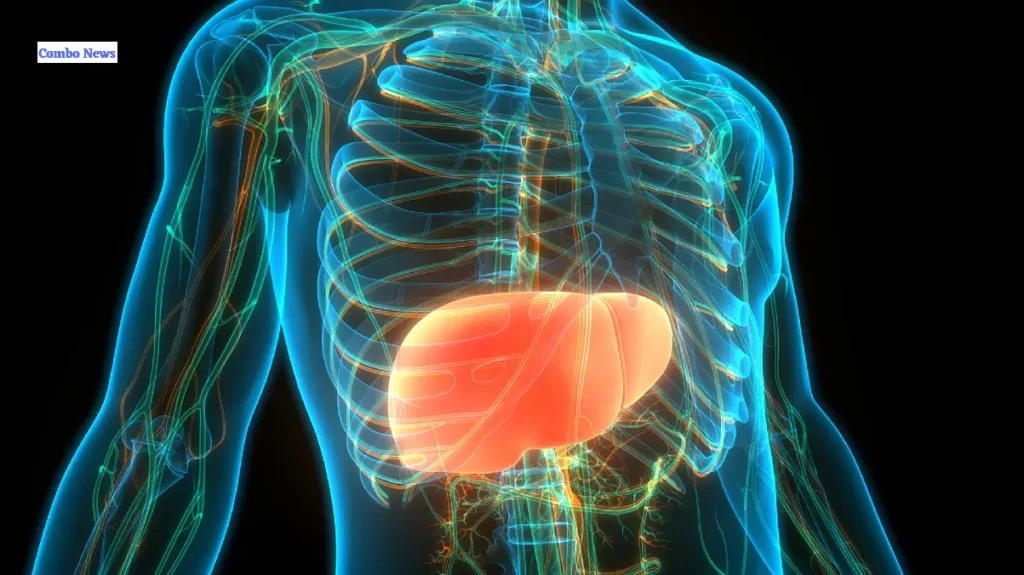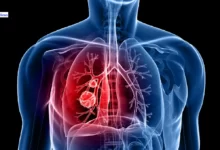
Table of Contents
Embracing Lifestyle Changes to Prevent Liver Diseases – In the hustle and bustle of modern life, our liver often bears the brunt of our unhealthy habits. Liver disorders are becoming increasingly common, but the good news is that many of these conditions are preventable and manageable through simple lifestyle changes.
This comprehensive guide will delve into the key lifestyle modifications you can make to prevent liver diseases.
Lifestyle Changes to Prevent Liver Diseases

1. Balanced Nutrition: The Foundation of Liver Health
A well-balanced diet is paramount for maintaining a healthy liver. Opt for a diet rich in fruits, vegetables, lean proteins, and whole grains. These foods provide essential nutrients and antioxidants that support liver function. Cruciferous vegetables like broccoli and Brussels sprouts are particularly beneficial, as they enhance detoxification processes in the liver.
Cutting down on saturated fats and refined sugars is crucial. These substances can lead to the accumulation of fat in the liver, contributing to Non-Alcoholic fatty liver disease (NAFLD). Instead, choose healthy fats like those found in avocados, nuts, and olive oil.
Also Read | Early-life influences are significant, according to a new study on lung health
2. Hydration: Water, the Elixir of Liver Health
Proper hydration is often underestimated but plays a vital role in liver function. Water helps flush toxins from the body and aids digestion, preventing the liver from becoming overburdened. Aim to drink at least eight glasses of water a day, and consider incorporating herbal teas known for their liver-boosting properties, such as dandelion or milk thistle tea.
3. Maintain a Healthy Weight: Shedding Pounds for a Healthier Liver
Excess weight, especially around the abdomen, is a significant risk factor for liver disorders. Losing weight through a combination of a healthy diet and regular exercise can significantly reduce the risk of developing conditions like NAFLD. Aim for a gradual, steady weight loss, as crash diets can have adverse effects on liver health.
4. Exercise Regularly: A Workout for Your Liver
Regular physical activity is not only beneficial for maintaining a healthy weight but also directly impacts liver health. Exercise helps reduce liver fat, inflammation, and oxidative stress. Aim for at least 150 minutes of moderate-intensity exercise per week. This could include activities such as brisk walking, cycling, or swimming. Strength training exercises are also beneficial for overall health and can contribute to a healthy liver.
5. Limit Alcohol Consumption: Cheers to Moderation
Excessive alcohol intake is a well-known contributor to liver damage. While moderate alcohol consumption may not harm everyone, it’s essential to understand your own tolerance and adhere to recommended limits. For men, this generally means up to two drinks per day, and for women, it’s one drink per day. However, it’s crucial to note that individuals with existing liver conditions or those at risk should abstain from alcohol entirely.
6. Say No to Smoking: Protecting Your Liver and More
Smoking is not only a major risk factor for various cancers but also contributes to liver damage. The harmful chemicals in tobacco can lead to inflammation and oxidative stress in the liver. Quitting smoking is one of the most significant steps you can take for overall health, including liver health.
7. Prioritize Quality Sleep: Rest for Your Liver
Quality sleep is often underrated in its impact on liver health. During sleep, the body undergoes crucial processes of repair and detoxification. Chronic sleep deprivation disrupts these processes, leading to increased stress on the liver. Aim for 7-9 hours of quality sleep each night to support your liver and overall well-being.
Also Read | Symptoms of thyroid condition Problem: which can go undiagnosed for years
8. Manage Stress: A Calm Mind for a Healthy Liver
Stress can take a toll on your liver. Chronic stress triggers inflammation and can contribute to conditions like fatty liver disease. Incorporate stress management techniques into your daily routine, such as mindfulness meditation, deep breathing exercises, or yoga. Finding healthy outlets for stress, such as hobbies or spending time in nature, can also significantly contribute to liver health.
9. Regular Health Check-ups: Early Detection Saves Lives
Regular health check-ups are crucial for the early detection and management of liver disorders. Liver diseases often progress silently, showing symptoms only in advanced stages. Routine blood tests and imaging studies can help monitor liver function and detect any abnormalities early on. Consult with your healthcare provider about a personalized screening schedule based on your risk factors and medical history.
10. Herbal Supplements: Nature’s Support for Your Liver
Certain herbal supplements have shown promise in supporting liver health. Milk thistle, for example, has been used for centuries for its liver-protective properties. However, it’s essential to consult with a healthcare professional before incorporating any supplements into your routine, as they may interact with medications or have contraindications.
Key facts
1. Limit alcohol intake to protect your liver from damage.
2. Maintain a healthy weight through a balanced diet and regular exercise to prevent fatty liver disease.
3. Get vaccinated for hepatitis A and B to reduce the risk of viral liver infections.
4. Avoid the excessive consumption of high-fat and high-sugar foods to prevent liver inflammation.
5. Stay hydrated to support liver function and help flush toxins from your body.
6. Practice safe sex to reduce the risk of sexually transmitted infections that can affect the liver.
7. Be cautious with medications and consult a healthcare professional to avoid liver-damaging side effects.
8. Incorporate liver-friendly foods like fruits, vegetables, and whole grains into your diet.
9. Practice good hygiene to prevent the spread of infections that can harm the liver.
10. Get regular check-ups and screenings to detect liver diseases early for effective management.
Conclusion: A Holistic Approach to Prevent Liver Diseases
In conclusion, adopting a holistic approach to liver health involves making conscious lifestyle choices that support the overall well-being of your body and mind. By incorporating balanced nutrition, regular exercise, adequate hydration, and stress management into your daily routine, you can significantly reduce the risk of liver disorders and promote optimal liver function.
Remember, the liver is a resilient organ, and small, consistent changes over time can lead to significant improvements in its health. Consult with healthcare professionals for personalized advice and take charge of your liver health today. Your liver will thank you for it!
FAQs
How does a protein-rich diet help in reversing liver diseases?
A low-carb, high-protein diet can improve metabolism in general and lessen the severity of underlying disorders.
Also Read | Summer Tea Recipes That You Must Try This Season








